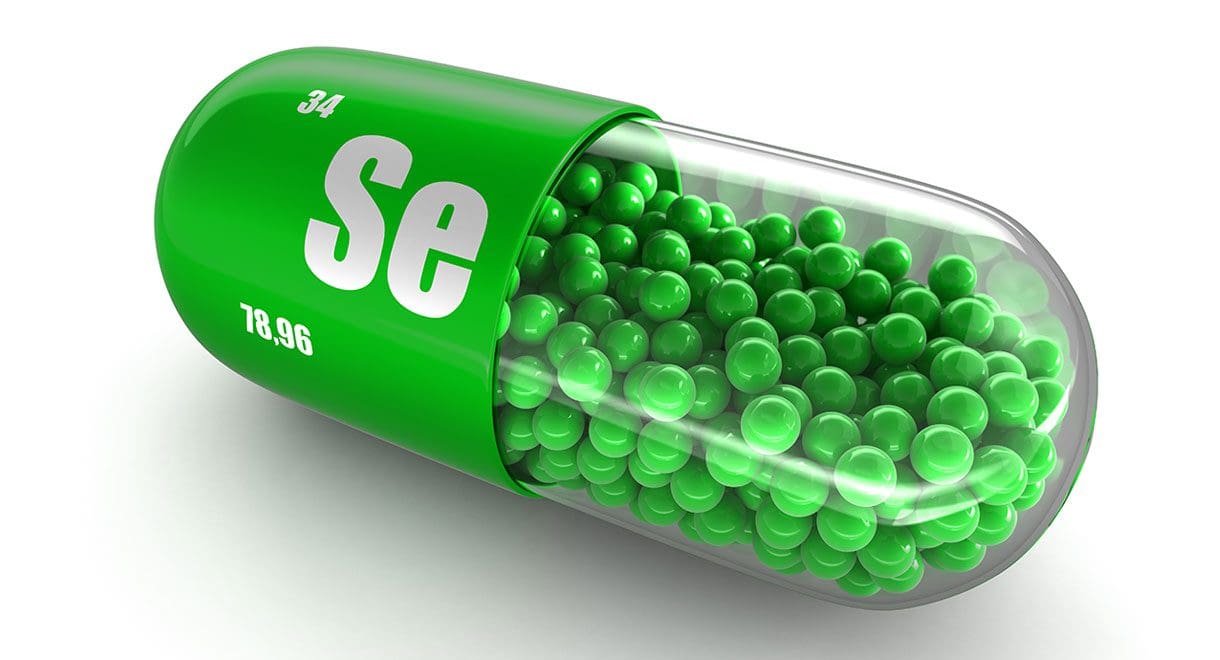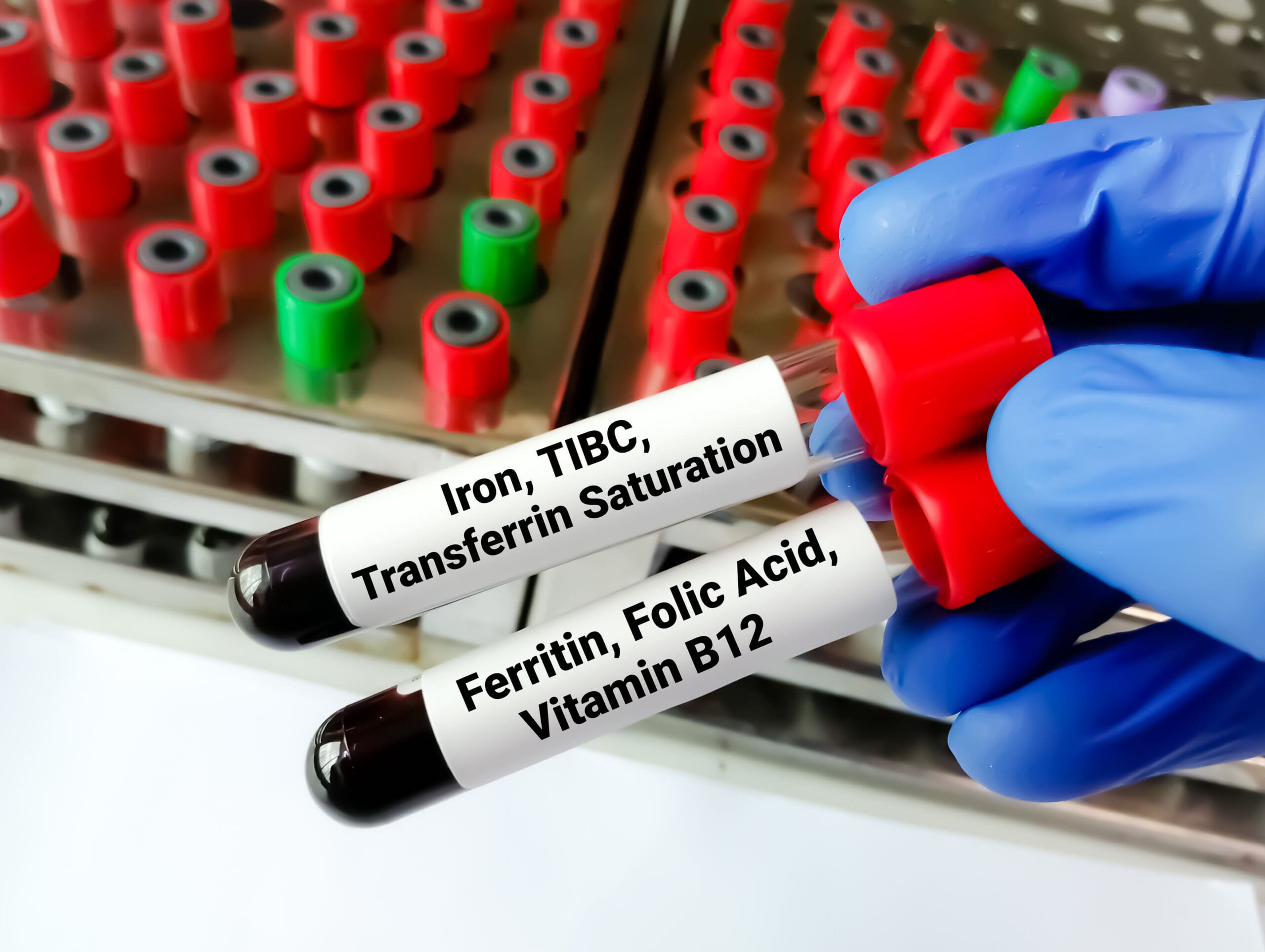Got a thyroid problem? You need to look after your gut and liver
By naturopath Margaret Jasinska
Overcoming a thyroid problem takes more than just correcting thyroid hormone levels. It’s important to address the reason why the thyroid gland malfunctioned in the first place.
Your thyroid gland produces two main hormones: T4 (also called thyroxine) and T3 (also called triiodothyronine). These hormones help to control your metabolic rate, that is the rate at which your body burns calories. They also have a huge bearing on your energy levels and maintenance of normal body temperature. If your thyroid is under active, you are likely to feel tired, depressed and be more intolerant of cold weather.
T4 is not the active thyroid hormone; it must be converted into T3 in your body in order to exert its effects. The majority of this conversion does not occur in your thyroid gland. Most T4 to T3 conversion happens in your liver, kidneys and muscles. If you have a fatty liver or a sluggish liver, this conversion will not be effective. Also, if there is too much inflammation in your body, this conversion often doesn’t occur well. Autoimmune disease, allergies and fibromyalgia are all conditions with high inflammation. Most cases of thyroid disease are due to autoimmune disease. If you don’t produce T3 well, this can leave you feeling tired, depressed, puffy, overweight and with dry skin and thinning scalp hair.
If you are taking thyroid hormone medication in the form of thyroxine, it too must be converted into the active form in your body. Therefore if you are taking thyroid medication but still not feeling much better, it may be time to look at improving your liver and gut health! It is also important to address autoimmune disease. This involves correcting nutrient deficiencies, healing leaky gut, removing inflammatory foods from the diet and improving detoxification abilities by the liver.
Here are some other strategies to keep your thyroid gland healthy:


Make sure there is enough iodine in your diet
Iodine deficiency is becoming an increasingly common problem. The thyroid gland requires iodine in order to manufacture the hormones T4 and T3. Iodine is mostly found in the oceans, therefore is present in seafood (as long as it came from the ocean and was not farmed), and seaweed. Your doctor can organise a urine test for you to determine your body’s iodine level. It is rare I meet a patient who isn’t low in iodine. Women have a high iodine requirement because it also helps to keep breasts and ovaries healthy.


Obtain adequate selenium in your diet
Selenium is a mineral that is required for the conversion of the thyroid hormone T4 into its active form, T3. People taking thyroid hormone replacement such as Oroxine benefit from increasing their selenium intake because it enables their bodies to use the medication more efficiently. Selenium also helps the immune system and can reduce the production of auto-antibodies in Hashimoto’s thyroiditis and Graves’ disease, which are both autoimmune diseases. Brazil nuts are the richest dietary source of selenium. Small amounts are also found in seafood and meat.


Consume good quality protein
The amino acid tyrosine is required for thyroid hormone production. Tyrosine is found in protein rich foods such as chicken, fish and cheese, and also in smaller quantities in avocados, bananas and almonds. Protein rich foods are also a good source of zinc, which is needed by the thyroid hormone receptors in your cells, to allow thyroid hormones to bind there. Eating enough protein is one half of the equation, the other half is to make sure you digest the protein properly. Irritable bowel syndrome, bloating, heartburn, small intestinal bacterial overgrowth and reflux can all indicate that you don’t digest protein properly. Sipping some diluted apple cider vinegar before meals, and making sure you are relaxed while eating can help.
The majority of patients who come to see me at the clinic have already been diagnosed with a thyroid condition and are on medication for it (most commonly thyroxine). However, they still feel far from well, and their own doctor isn’t able or interested to offer them any help. In these circumstances it is important to work on improving overall health, in order to improve wellbeing. There is also the option of taking compounded thyroid hormones which contain both T4 and T3. This form of thyroid hormone medication makes a world of difference for many of my patients.
For more information see the books Your Thyroid Problems Solved and Healing Autoimmune Disease.









Hi
Could my Gilberts Syndrome be making my Hashimotos worse.I am so tired I fall asleep in the bath and want to be semi recumbent too long.
I have compounded medication wit h thyroxine and tetroxine.I presume my dose is correct
Hi Mary,
Gilbert’s syndrome is not usually responsible for extreme fatigue. It would be good to have a liver function blood test, to check for elevated liver enzymes (meaning the liver is inflamed). It’s also important to have a thorough thyroid hormone blood test every six months. That is the only way to know if your dose is correct.
This article may give you some helpful information:
kind regards,
Margaret